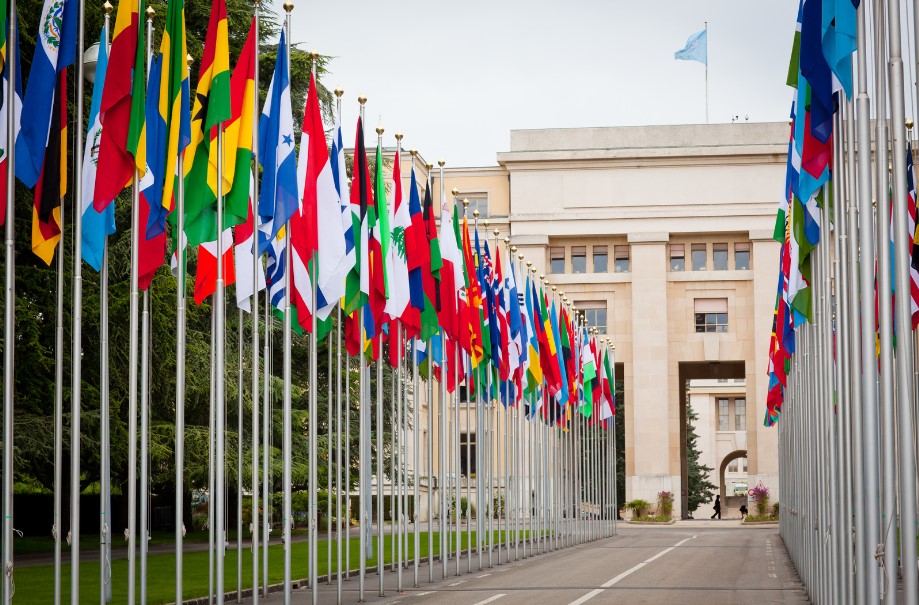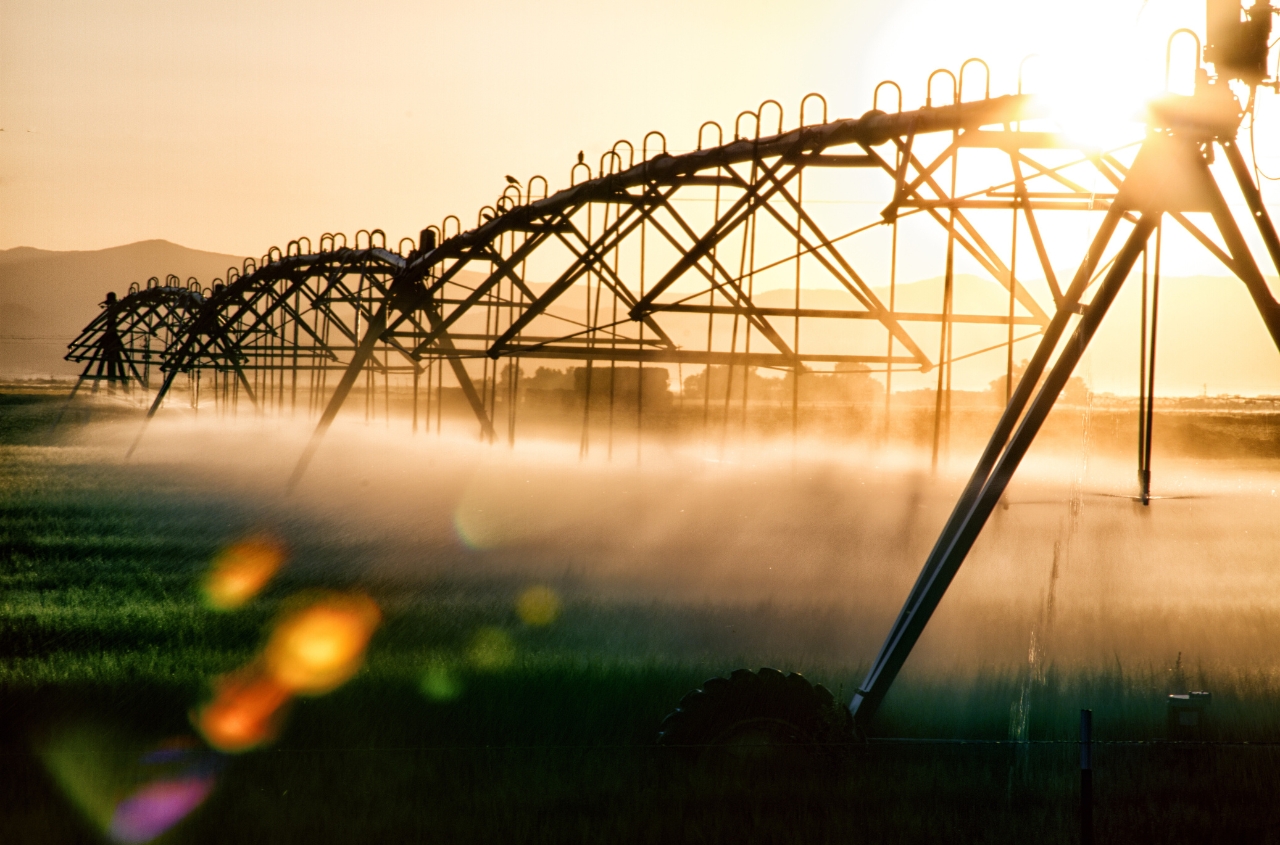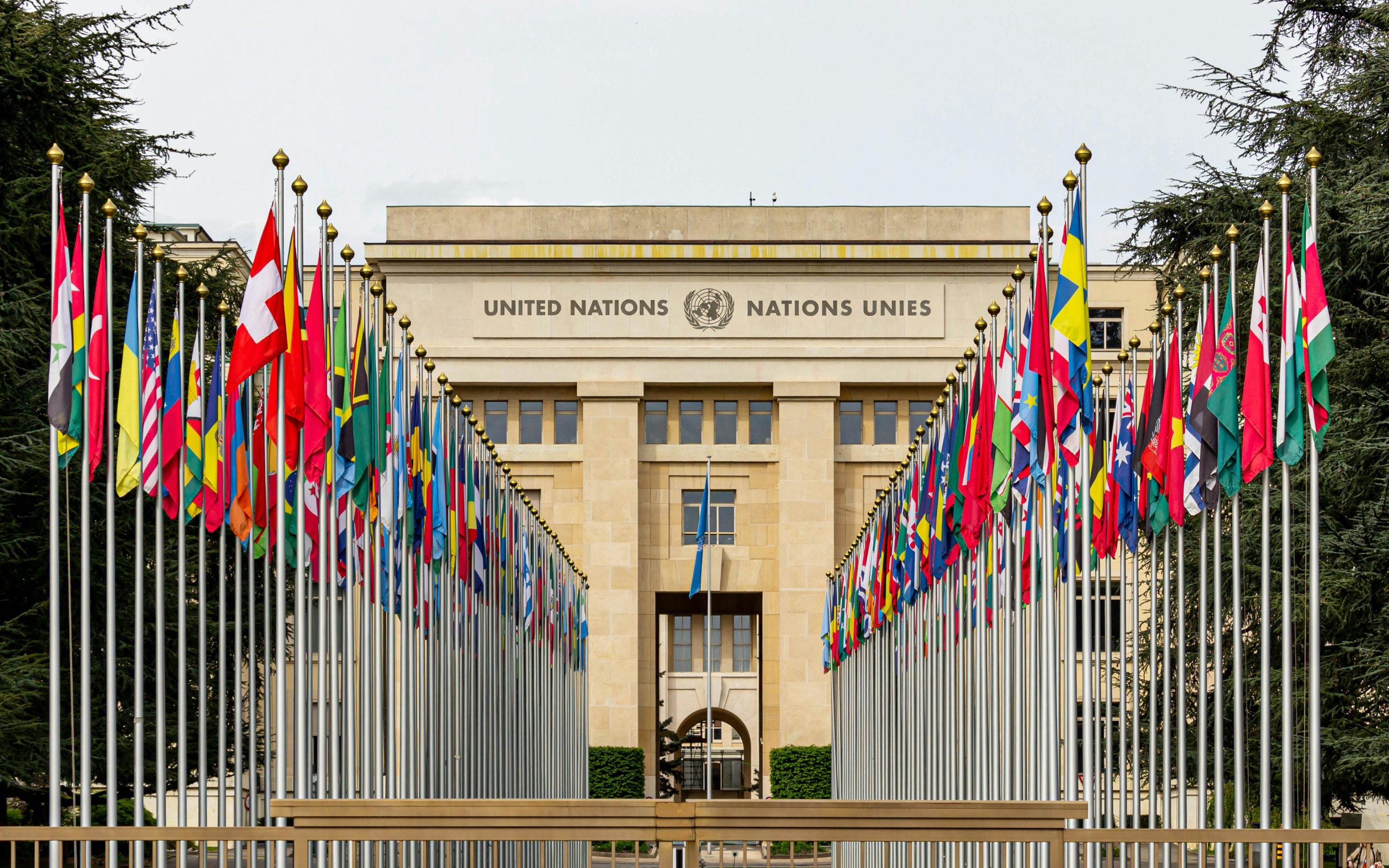Russia has attempted to thwart the adoption of a UN General Assembly plan for reforms that include reorganizing the Security Council with a possible limitation on the veto power of its permanent members, as well as strengthening international law regarding peacekeeping, preventing wars, and punishing those who initiate them. However, the efforts of Russian diplomats met resistance even from Global South countries, which Moscow is trying to win over in its confrontation with the West.
The adoption of the "Pact for the Future" at the Summit for the Future, which opened on Sunday, was described by UN Secretary-General António Guterres as an effort to "steer the international system away from the edge of the abyss." The document outlines 56 steps, including:
- Reforming and expanding the UN Security Council to make it a more representative body,
- Steps to strengthen peace and international law,
- Reorganizing UN peacekeeping forces, including for the purpose of preventing war,
- Reforming international financial institutions,
- Combatting climate change,
- Achieving the UN Sustainable Development Goals,
- Ensuring human rights, justice, equality (including gender), and inclusivity,
- Regulating the development of artificial intelligence, among others.
“To achieve this, it will be necessary to reaffirm commitment to international cooperation based on respect for international law, without which we cannot manage the emerging risks or seize the opportunities before us,” the pact states.
The document was approved by 143 countries, with 15 abstaining and seven opposing: Russia was supported by its traditional allies Belarus, Syria, North Korea, Sudan, Iran, and Nicaragua.
One of the steps includes expanding the UN Security Council "to better reflect the current membership of the United Nations and the realities of the modern world." The issue of the veto power is separately addressed. Currently, each of the five permanent members—Britain, China, Russia, the USA, and France—holds this power. "We are intensifying efforts to reach consensus on the future of the veto, including discussions on limiting its scope and use," the pact states. Security Council reform must be carried out "as a priority and without delay."
The veto power allows Russia, in particular, to block attempts by the Security Council to take action regarding the war it has initiated. Last week, Finnish President Alexander Stubb expressed an intention to join its reform efforts. In an interview with Reuters, he stated that he plans to propose to the General Assembly increasing the number of permanent members of the Security Council from five to ten, including one country from Latin America, two from Africa, and two from Asia. At the same time, "no country should have veto power" in the Security Council, and anyone conducting an illegal war should be excluded from it, "as Russia is currently doing in Ukraine," Stubb added.
Deputy Foreign Minister Sergey Vershinin stated that dissenting countries did not have the opportunity for further negotiations (after discussions lasting about nine months). He proposed an amendment stipulating that the UN and its bodies "should not interfere in matters that essentially fall within the internal jurisdiction of any state." If this amendment is not added to the text of the pact, Russia "will distance itself from the consensus on this document," Vershinin added. The Russian delegation insisted on postponing the vote on the document and conducting further consultations.
Immediately after Russia's statement, the Democratic Republic of the Congo called for the rejection of its amendments.
Some provisions of the pact directly contradict Russia's actions in Ukraine. In particular, it states: "To fulfill our fundamental promise to protect future generations from the horrors of war, we must adhere to the norms of international law, including the Charter... committing ourselves to resolving our disputes peacefully, refraining from the threat or use of force and acts of aggression, respecting each other's sovereignty and territorial integrity, guided by the principles of political independence and self-determination, while ensuring more reliable accountability and eradicating impunity."





















